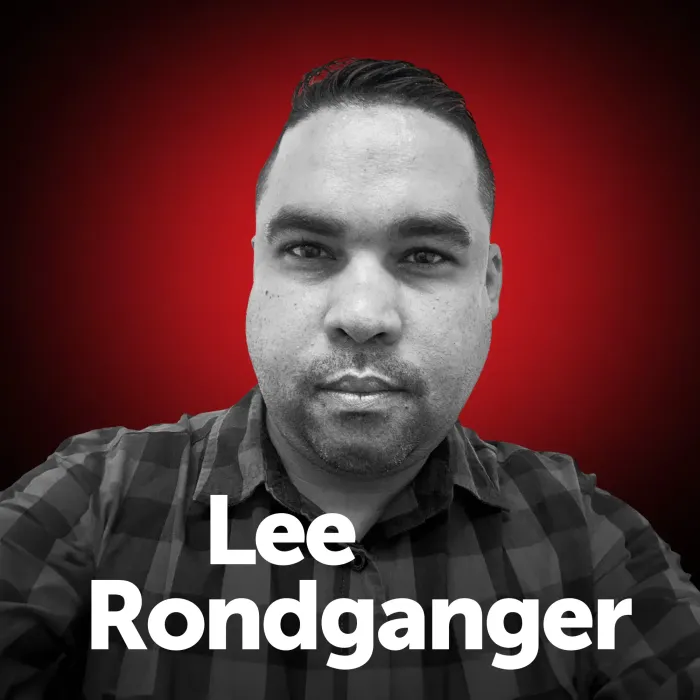US State Department report on South Africa: America’s double standards on human rights

Since Donald Trump’s return to the White House in January, his administration has gone full throttle on immigration crackdowns - many of them illegal. In just 100 days, masked ICE agents arrested more than 66,000 people and deported over 65,000 people.
Image: Jim Watson / AFP
The US State Department’s latest report on South Africa reads like a charge sheet of a banana republic.
Killings, police abuse, land grabs, intimidation of journalists, and the mistreatment of migrants are highlighted as Uncle Sam wags its finger at us.
The Minister of International Relations and Cooperation Ronald Lamola called the report “inaccurate and deeply flawed.
These allegations are however serious and no South African should shrug them off. We have our problems, and they must be addressed.
But here’s the thing. America has no business speaking from any moral high ground when it is guilty of many of the same, if not worse, abuses at home.
The US report accuses South Africa of moving toward land expropriation aimed at Afrikaners and of mistreating racial minorities - allegations the South African government has firmly denied.
Yet this criticism comes from a country where racial inequality is entrenched in housing, policing, and the justice system, and where political leaders openly fuel anti-immigrant sentiment.
It is hard to take America’s outrage at face value when it continues to execute people in a system skewed against minorities and tolerates police killings that disproportionately target black and brown citizens.
Since Donald Trump’s return to the White House in January, his administration has gone full throttle on immigration crackdowns - many of them illegal. In just 100 days, masked ICE agents arrested more than 66,000 people and deported over 65,000 people.
Families - many of whom have lived in the US for decades - have been ripped apart.
Children have been separated from their parents and people who came to America fleeing danger have been treated like criminals.
Foreign academics living in the US have been arrested for free speech and held in detention centres without any contact with their families or even lawyers.
This is the same country that now points fingers at how South Africa treats migrants.
The US has a history of criticising other countries for weak, rigged or unfair elections.
But for over four years, after losing to Joe Biden in a landslide, Trump and his allies claimed and continue to claim that the 2020 elections were “rigged”.
Right now, Texas, a Republican-controlled state, is trying to redraw its voting map to lock in five more seats for Trump's razor thin majority in Congress.
That is blatant manipulation of the democratic process.
This week Trump announced plans to send the National Guard to protect Washington DC after earlier this year deploying the California National Guard to the streets of Los Angeles.
Armed soldiers on American streets is the kind of image the US uses to criticise other countries for. But at home, it’s dressed up as “public safety.”
The US State report calls out South Africa for harassment of journalists.
Fair enough.
But in the US, reporters face their own intimidation from being tailed, harassed online, and shut out of press events.
Last month, Trump filed a defamation lawsuit against The Wall Street Journal seeking at least $10bn in damages over the publication of a bombshell report on the president’s friendship with the infamous wealthy sex offender, Jeffrey Epstein.
America’s press freedom ranking is slipping badly.
Yes, South Africa has work to do.
But the US can’t demand higher standards abroad while ignoring its own record numbers of executions, deep racial bias in its justice system, and leaders stoking division for political gain.
If America wants to lead on human rights, it should start by cleaning its own house. Until then, its lectures to the rest of the world ring hollow.
**Lee Rondganger is the Deputy Editor of IOL
IOL Opinion

America has no business speaking from any moral high ground on human rights when it is guilty of many of the same, if not worse, abuses at home, writes Lee Rondganger.
Image: IOL Graphic